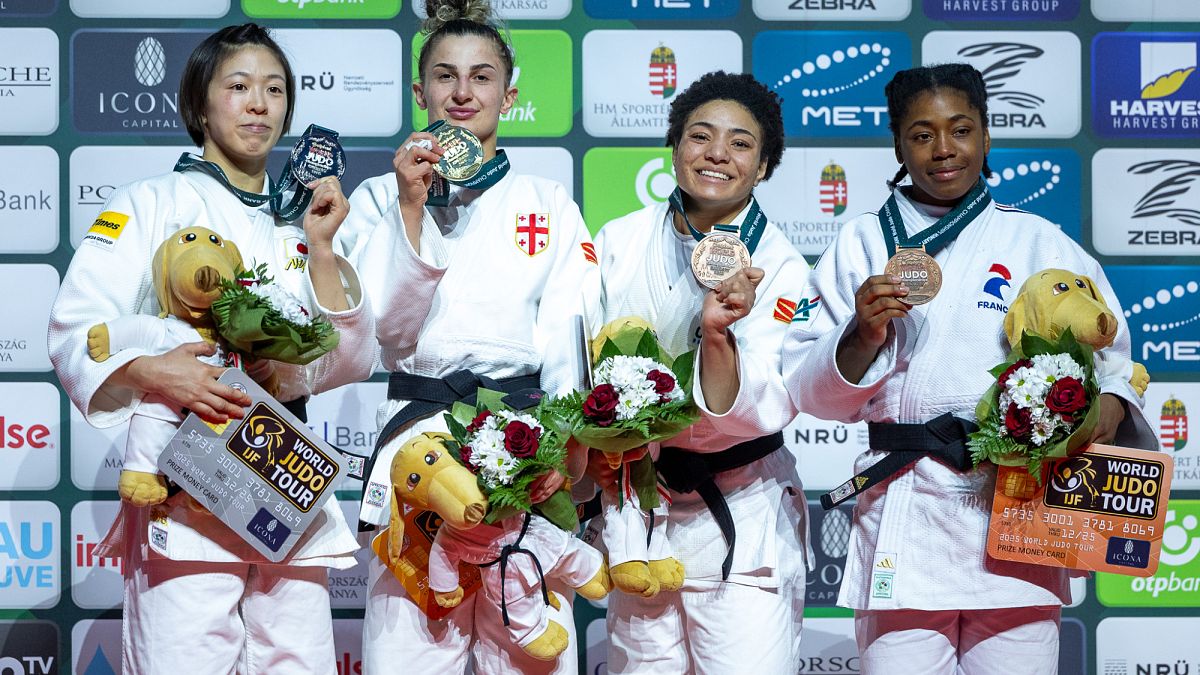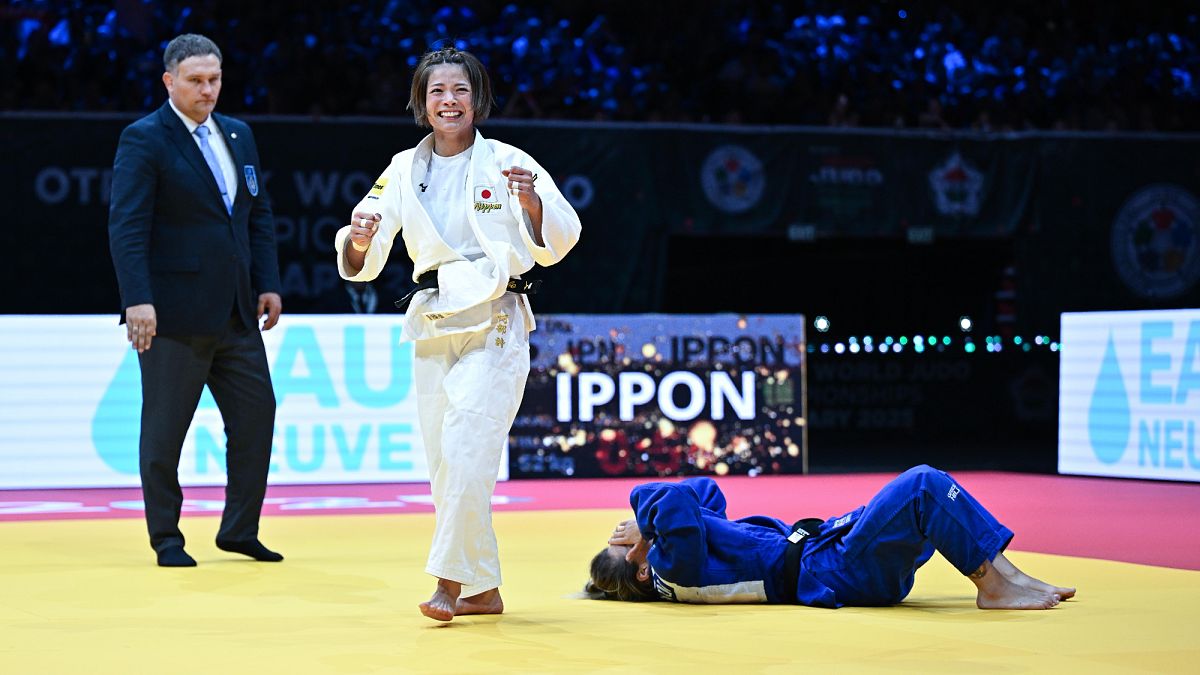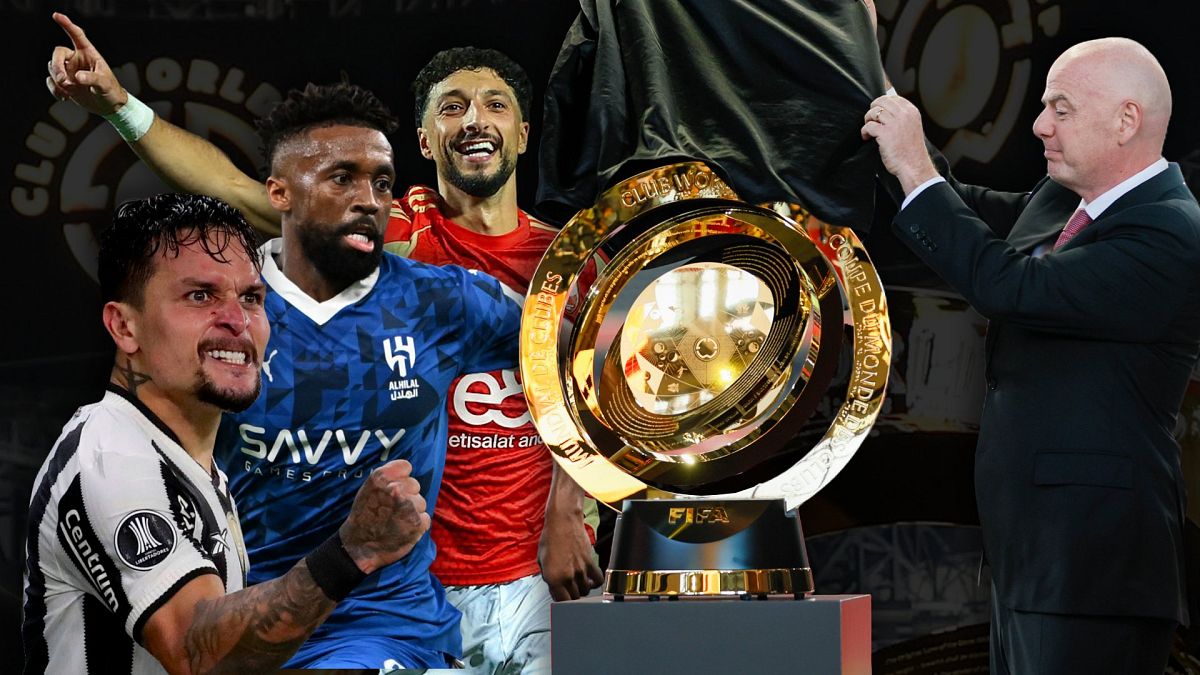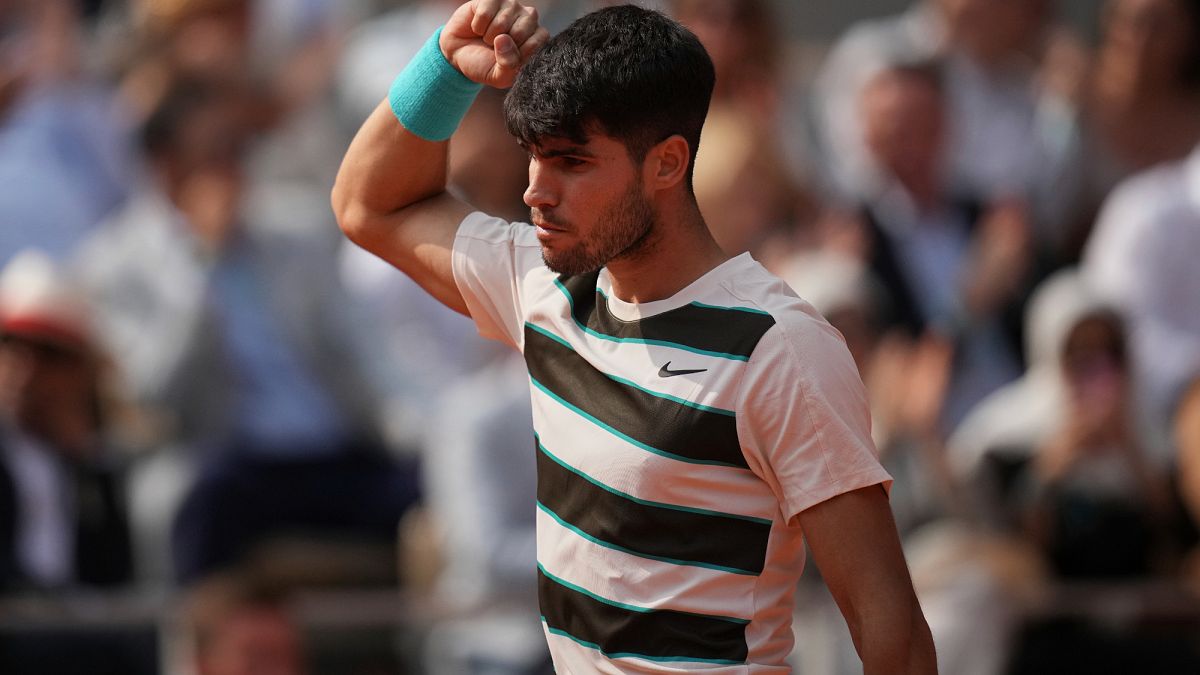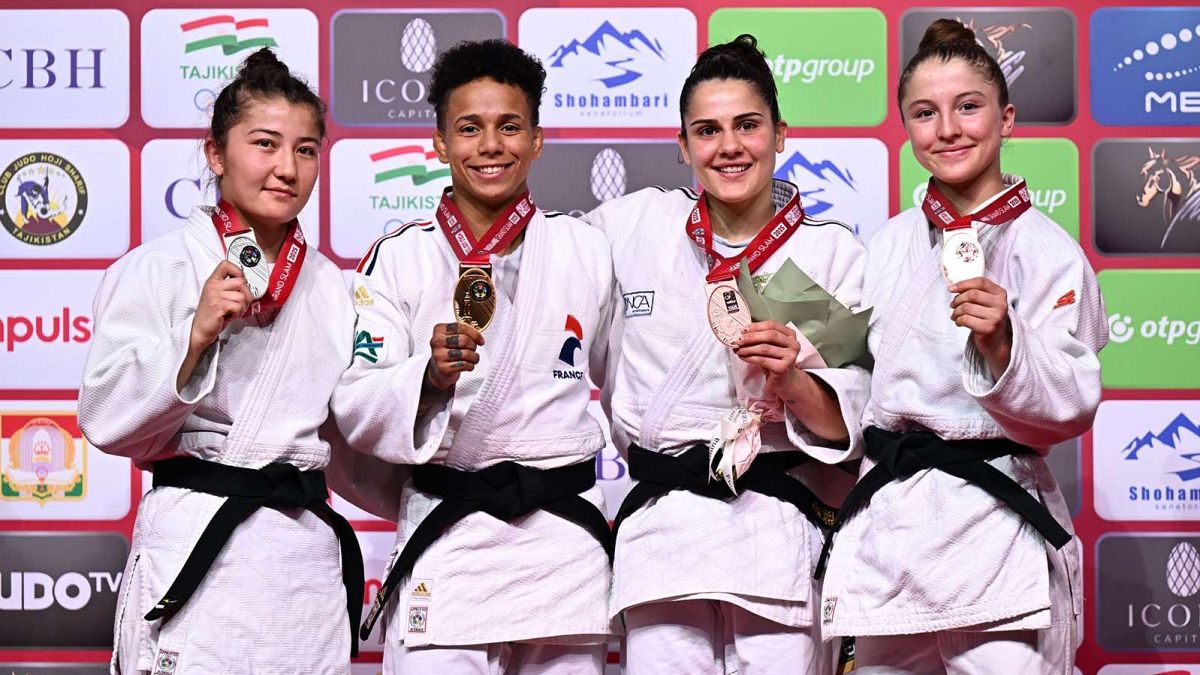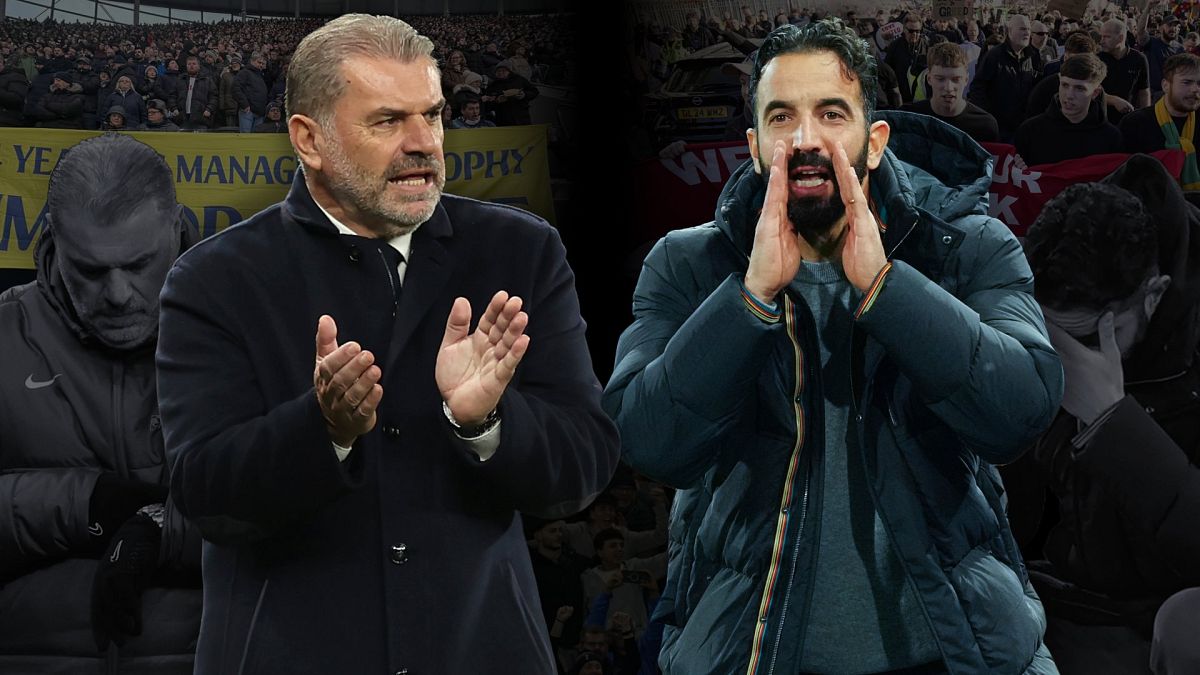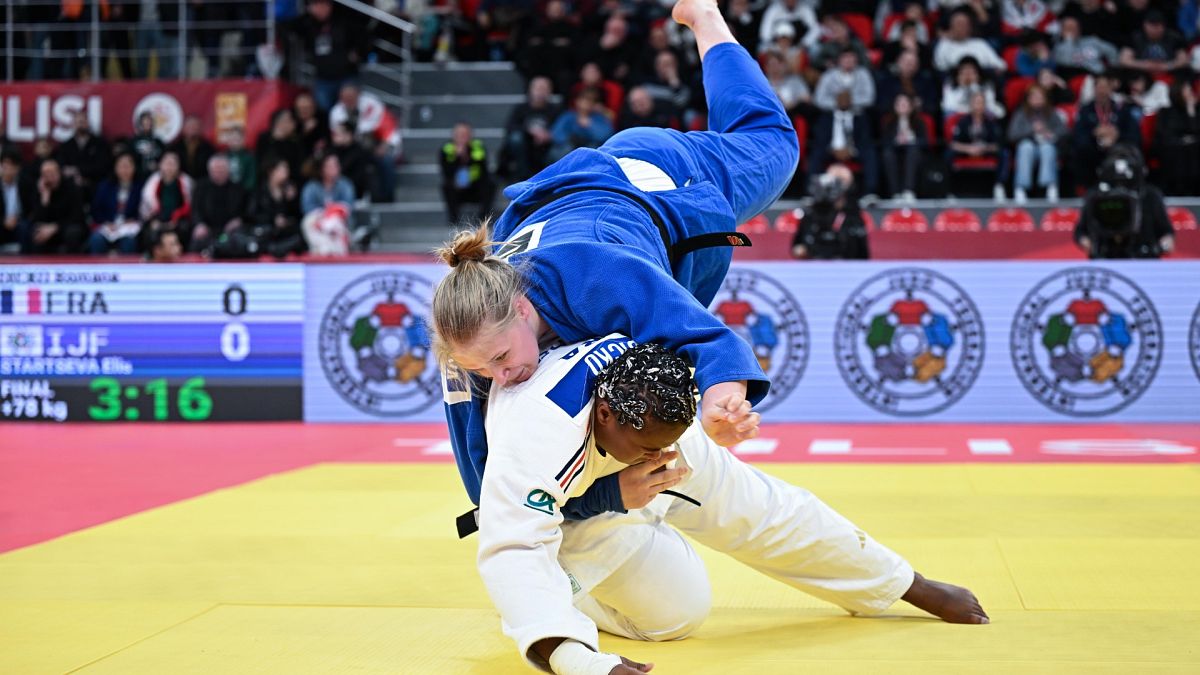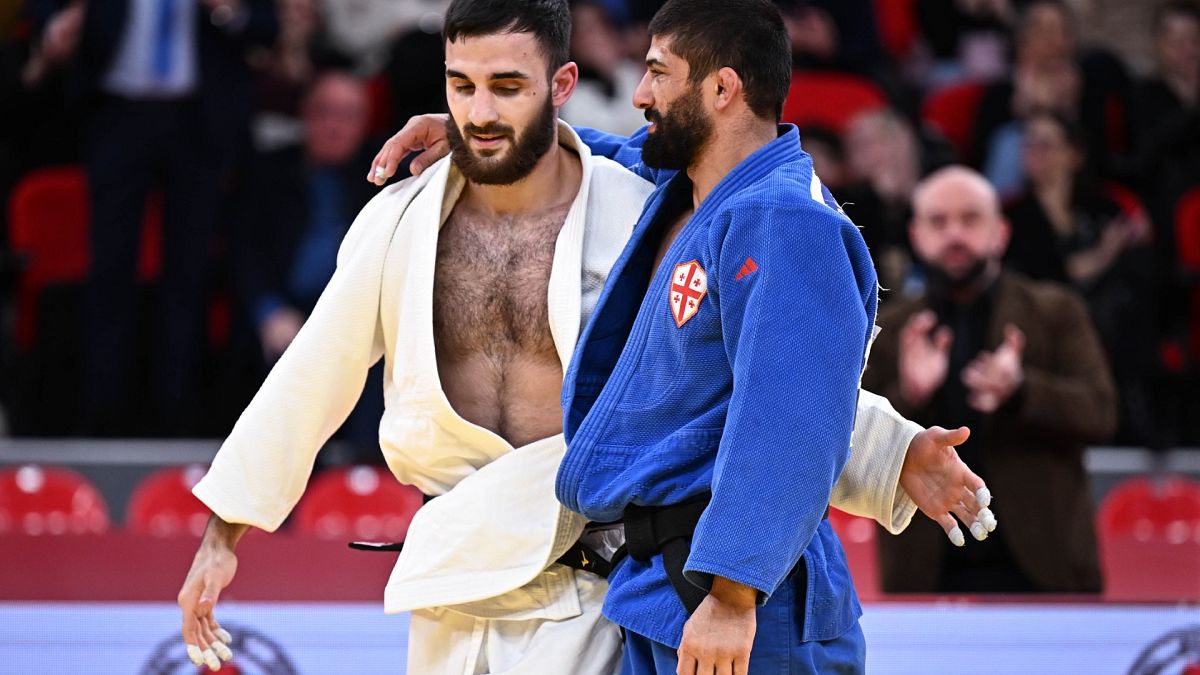Romania hosts its 26th George Enescu music Festival
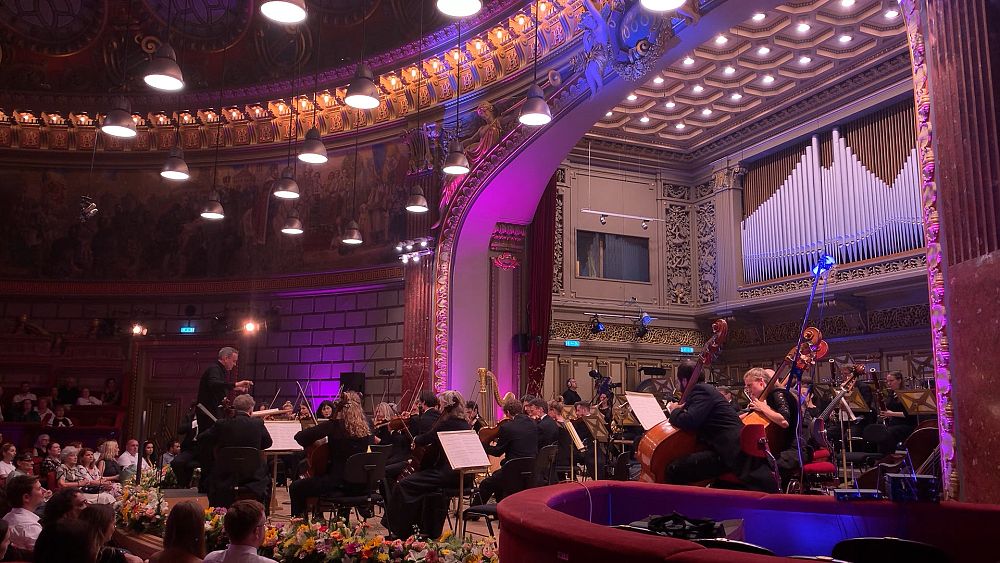
It’s the most important date in Romania’s musical calendar and it’s also one of Eastern Europe’s biggest musical events.
Every two years, for almost all of September, Bucharest welcomes some of the world’s major orchestras and soloists in tribute to George Enescu.
He was arguably Romania’s greatest composer, musician and conductor who lived from 1881 to 1955, and three years later the first festival took place.
This year the 26th edition opened in the communist era Palace Hall on August 27th where one of the world’s greatest cellists, Frenchman Gautier Capuçon was guest of honour.
He’s been playing under the direction of Romanian conductor Cristian Măcelaru, who is also the director of France’s National Orchestra.
The George Enescu Symphony Orchestra accompanied the soloist in its performance of Opus 104 by Dvořák .
Euronews caught up with the guest of honour, who is a regular at the festival.
“It’s the first time I’ve played with an orchestra here, a Romanian one, and then I’m all the more honoured that I open this edition this year with the conductor Cristian Măcelaru ,” he said.
The nineteenth century, neo-classical Romanian Athenaeum is Bucharest’s most prestigious concert venue.
It was restored after decades of neglect under the dictator Nicolae Ceacescu who was toppled in 1989 and is a stark contrast to Palace Hall.
“To be able to show to the world what our best self is, I think it’s important. At the same time, it benefits Romania because we invite this year close to 3500 artists,” Cristian Măcelaru, who is also the festival’s artistic director, said.
“It’s beautiful because it brings new life and new energy into the culture in Romania as well,” he added.
Dozens of concerts are being performed.
The London Symphony Orchestra, conducted by Simon Rattle, performed Mahler’s Ninth Symphony and will go on to stage Messiaen’s Turangalîla-Symphonie alongside Enescu’s Voix de la Nature in the second week.
In the first week the festival’s chairman Zubin Mehta will conduct Verdi’s opera Otello in a concert with the Orchestra del Maggio Musicale Fiorentino, and in the second week he will conduct Mahler’s Second Symphony.
Even though they are live there is a determination to add digital elements to many performances and Otello’s multi-mediator director explained how she has approached this.
“We try with the image to give a rich support to the music and not forgetting that the music is the main character. And using of course the tools of the 21st century, trying not to abuse them but create sometimes a dialogue, sometimes a counterpoint,” Nona Ciobanu said.
The festival will run in Bucharest until September 24th.
Journalist • Daniel Bellamy
Source: Euro News


